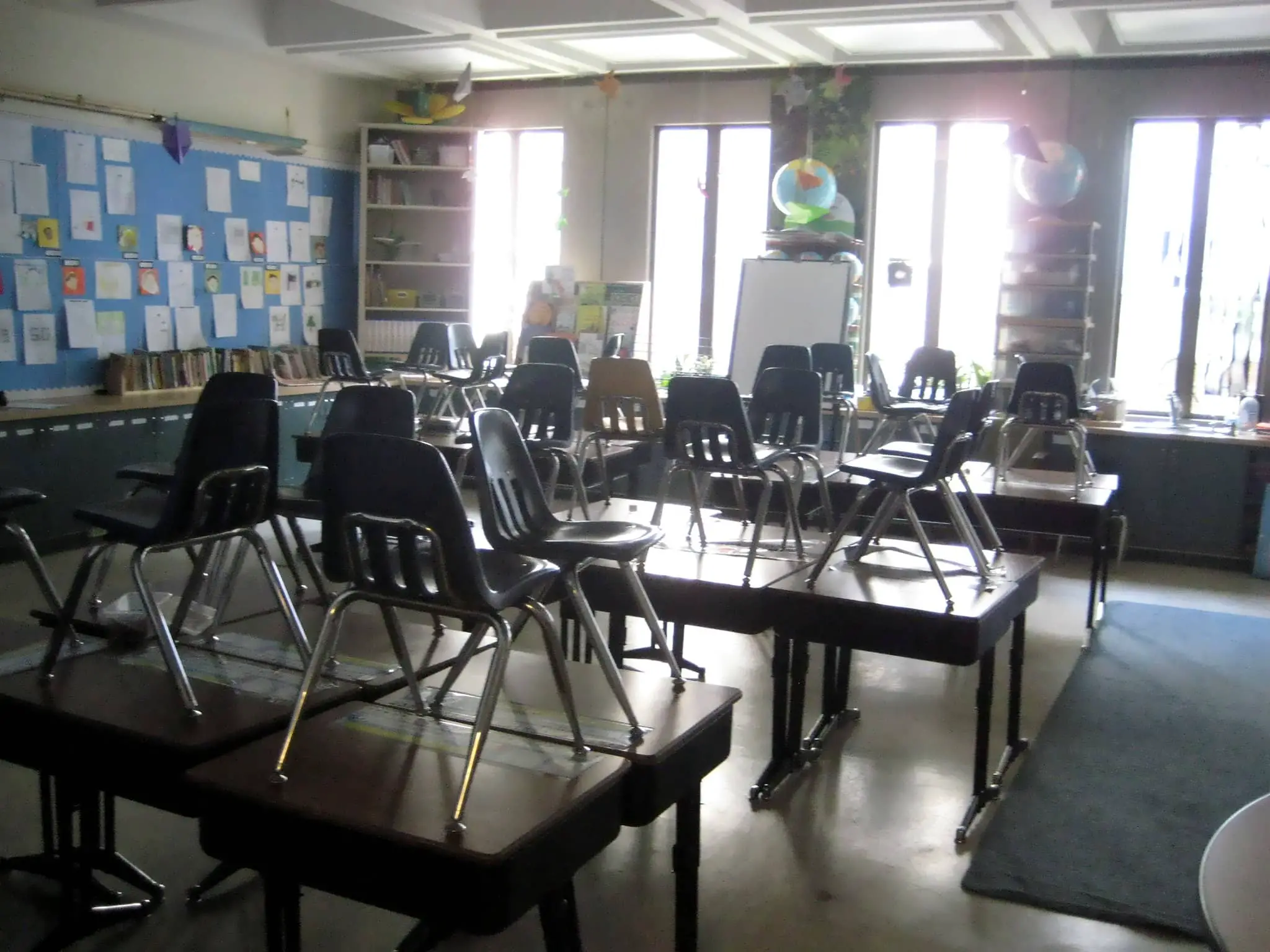The number of children in England meeting the ‘expected standard’ at the end of Key Stage 2 for reading, writing and maths is still well below the pre-pandemic figures, latest figures reveal.
Commenting on yesterday’s Key Stage 2 SATs results, Peter Shreeve, Assistant District Secretary of the National Education Union, said,
“SATs results re-affirm what all know: schools are still deeply affected by the pandemic and SATs are making a difficult situation worse.
“The overall reading, writing and maths scores are 59 per cent, down from 65 per cent in 2018/19. Nationally, an even wider gap exists in maths (8 per cent) and in writing (9 per cent). Why?
“Should SATs have happened this year? In 2022, only 3 per cent of heads wanted SATs to go ahead. 89 per cent of parents say they would support an alternative. One in ten year 6 pupils didn’t sleep well in the run-up to the tests. Surely, the same sentiment would have been true this year.”
Shreeve: More formal assessments than in almost any other country
Mr Shreeve went on to say,
“Is there too much testing and not enough learning? Primary pupils now face SATs and other government tests in five out of seven school years – more formal assessments than in almost any other country.
“Perhaps, learning scores would increase without SATs anxiety. There has been much reporting of the ‘negative impact’ of SATs exams on the mental health of pupils. Some noted the annual reducing of pupils to tears. The culprit being the reading paper this year.”
Other challenges faced by schools
He added,
“The pandemic still impacts on scores. But let’s not forget sustained inadequate funding, growing class sizes and cuts to support staff roles. Cash-strapped schools cannot afford to access all the support so desperately needed.
“Yet Government prefers to administer high stakes tests imposing further pressure, rather than addressing the issues.”
What teachers already know
The Assistant District Secretary of the National Education Union finished by saying,
“Teachers know: We don’t need to test every child to know whether an attainment gap is widening or closing. Teachers know: We don’t need high stakes summative tests to establish how best to support individual pupils. Schools know: it’s almost impossible to raise standards when they are struggling to find a qualified classroom teacher.
“Much work has been done to develop alternatives to SATs – but Government chooses to ignore them. Schools know: The funding crisis must be addressed too.
“It is time for government to offer real solutions to SATS, advised by educators – not to maintain the same ongoing unnecessary stress and pressure on future children and schools.”
Full details of the KS2 SATs can be found on the Government Website.





